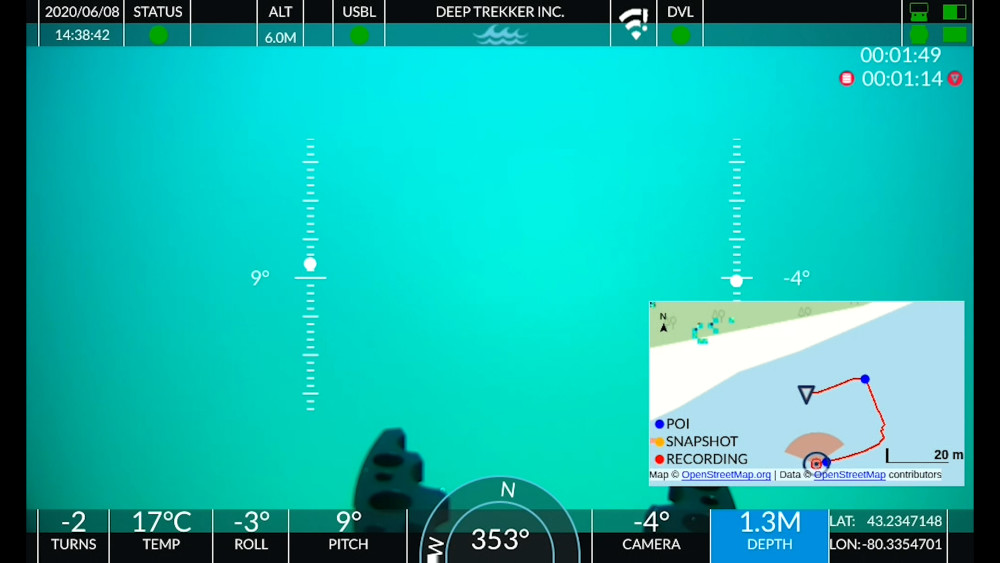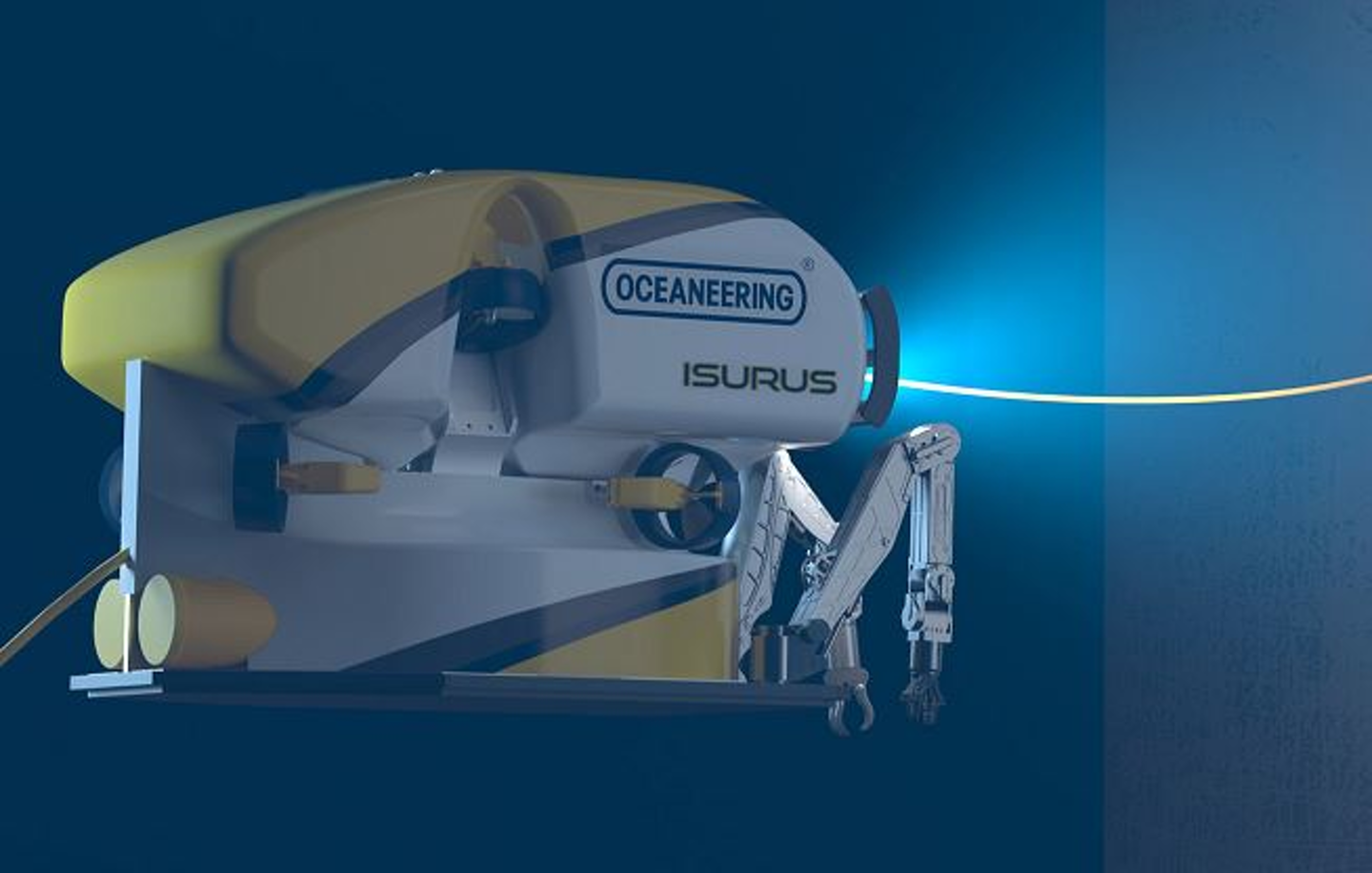Home › Forums › General › General Board › Pilot flying Hours
- This topic has 50 replies, 21 voices, and was last updated 15 years, 11 months ago by
luckyjim37.
-
AuthorPosts
-
July 30, 2008 at 11:06 am #17987
luckyjim37
ParticipantAh, Mr humour has raised his head on this forum. I have been cleared of any and all blame in that incident so I have forgotten about it.
Now go out and have a sunbathe it the Vitamin E will make you a happier person.
💡 8) 😀
August 1, 2008 at 2:07 am #17988Steve
ParticipantThanks for those kind words Jim. Think I will…………remembering all those twists and turns in the line on the nav screen just doesn’t make me giggle as much as it used to!! 😀
Endex
August 3, 2008 at 1:12 pm #17989James McLauchlan
ParticipantSlayered here
Can any one tell me what is the average hours you will get during a year
working for oceaneering or subsea 7. This must be as a trainee or a ROV tech Pilot 8)I’m not sure that average hours per year count for anything.
It is of no concern to me if a person has 200hrs logged or 10. Some will already be showing good potential with piloting skills in 10hrs and others will have no real idea after 200hrs. You can normally tell after a person has been on the sticks for a short while.Maybe I’m missing something here.
Is this a loaded question whereby hours logged in a book move the person towards another higher grade and is thus pay related?August 4, 2008 at 6:39 am #17990luckyjim37
ParticipantI think he must be in one of the fantasic competence schemes. Where and don’t quote me on the exact wording but to be a PT 1 you need 100hours piloting but if I remeber rightly and most trainees who are hours obsessed miss this you also need 180 days offshore. Which in real tems means as long as trainee can do .56 hours a day or about 31 mins when he is offshore he should have his hours done at the same time as his days 8)
But you are dead right James, some guys are really quick to show potential and are "naturally" very good others have to work very hard to be average. That is the nature of the game.
It does seem though that since more and more trainees are on the IMCA scheme they become hours obsessed but seem to forget there are also about 10 other sections of the book that need signing off.
As for you Sundodger. I can honestly say that day and the following week were the worst of my offshore career. Ah well live and learn. I am now really good at incident reports 😈 😆
August 10, 2008 at 7:41 am #17991DJansen
ParticipantFunny how the goal posts have changed over the years.. back when I started the company I worked for wanted to see 500 logged hrs before you lost the trainee There wasn’t any IMCA nonsense then the Op’s manager would talk to a few Supv’s about your performance and ask, would you have offshore again That was all the competance scheme you needed.. Now a guy has a logbook full of signatures but nobody wants him cos he’s an arse.. Or worse he’s hopeless technically and couldn’t fly a kite but makes the tea just how the Supt. likes it and is great at brown nosing … Starting to see guys with only two years in supervising and other blokes worming their way to the top cos of family or other forms of nepotism… Sounds okay until you get one of these knobs in charge of YOU… 😯
August 13, 2008 at 4:10 pm #17992luckyjim37
ParticipantThe problem is there is no fixed and formatted legislated standard in the industry.
If you are an electrician you have to work to specific standards and hold specific qualifications the same if you are a gas fitter or a plumber and these are a legal requirement. We as an industry do not seem to have that and considering the high voltage and high pressure systems we work on maybe there should be.
The various schemes of competence are all so similar maybe the companies and as much as I hate them the uni0ns (such as the onewhich James has mentioned on another thread )should get together and form some sort of industry standard training and that way everyone know where they stand and there is no confusion about what is required.
Of course that would mean companies communicating and cooperating on an industry scale which would probably never happen.
Maybe IMCA or OPITO should get more involved with this.
Just think about it a trainee walks onboard and within a minute of looking at his task book or log book you would know what he was capable of and how much he could do or as tech you would know exactly what you had to do or be capable of to be a sub eng or a supervisor.
That would almost be like being employed in the real world.
-
AuthorPosts
- You must be logged in to reply to this topic.



